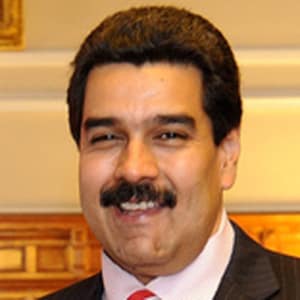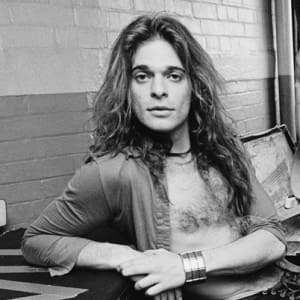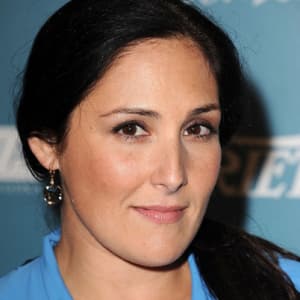
Nicolás Maduro
Prior to being elected to the Venezuelan presidency in April 2013, Nicolás Maduro served as vice president under the nation’s outspoken president, Hugo Chávez.
Who Is Nicolás Maduro?
Born on November 23, 1962, in Caracas, Venezuela, Nicolás Maduro worked as a bus driver before being named foreign minister of his home country in 2006. After Venezuelan President Hugo Chávez won a third term in October 2012, he selected Maduro to serve as vice president. Maduro worked alongside the outspoken president until Chávez's death in March 2013. Prior to his passing, Chávez publicly named Maduro his successor. In April 2013, Maduro won the Venezuelan presidency in a close election against candidate Henrique Capriles.
Early Political Career
Born on November 23, 1962, in Caracas, Venezuela, Nicolás Maduro Moros worked as a bus driver before becoming politically active in the early 1990s. Maduro was introduced to future Venezeulan President Hugo Chávez in 1992, after Chávez and other disenchanted members of the military were imprisoned for an attempted coup and Maduro began campaigning for Chávez's release. (Chávez was released in 1994 and won election to the presidency four years later.)
Nicolás Maduro officially entered politics in the late '90s. He was elected to the National Constituent Assembly in 1999, and later won election to the National Assembly. In 2005, he became speaker of the Assembly.
The following year, in August 2006, Maduro was named foreign minister of Venezeula. Following his new appointment, his wife, Cilia Flores, an attorney, took over as Assembly speaker.
Vice Presidency
After President Chávez won a fourth term in October 2012, he selected Maduro to serve as vice president. Maduro worked alongside the outspoken president, serving as one of his closest advisers as well as a loyal spokesman, until Chávez's death on March 5, 2013, at the age of 58, from cancer. Prior to his passing, in December 2012, Chávez named Maduro his preferred successor.
Soon after news of Chávez's death broke in March 2013, reports outlined speculation that the differing political styles of Nicolás Maduro and National Assembly President Diosdado Cabello could prove problematic for Venezuela, following Maduro's ascension to the presidency.
Elected to the Presidency
During his 2013 presidential campaign, Maduro pledged to complete the socialist transformation of Venezuela begun by Chavez, to increase gun control in the country's impoverished areas, and to increase the nation's minimum wage by 30 to 40 percent.
In April 2013, Maduro won a close election against presidential candidate Henrique Capriles, winning by a less than two percentage point margin. Of the narrow election results, Maduro told The Washington Post, "Yesterday and today I said it—I win with one vote, I win. If I lose with one vote, I turn over [power] immediately. The electoral authorities said what the people wanted." He later added, "These are the people of Chavez. This is Chavez's place. Chavez continues as an example for us! I am ensuring the legacy of my commander, Chavez, the eternal father."
The Guardian reported that voter turnout was around 78.71 percent, down from the October 2012 election's 80.4 percent of the nation's nearly 19 million registered voters.
Assassination Attempt
In August 2018, Maduro survived what appeared to be an assassination attempt carried out by drones armed with explosives. The president was delivering a speech at a military parade in the capital of Caracas when two explosions sounded; seven members of the national guard were hurt, though Maduro escaped unscathed.
Venezuela's attorney general said he immediately ordered an investigation into the episode. Meanwhile, Maduro pinned the assassination attempt on far-right entities and outgoing Colombian President Juan Manuel Santos, an accusation that Santos's office called "baseless."




